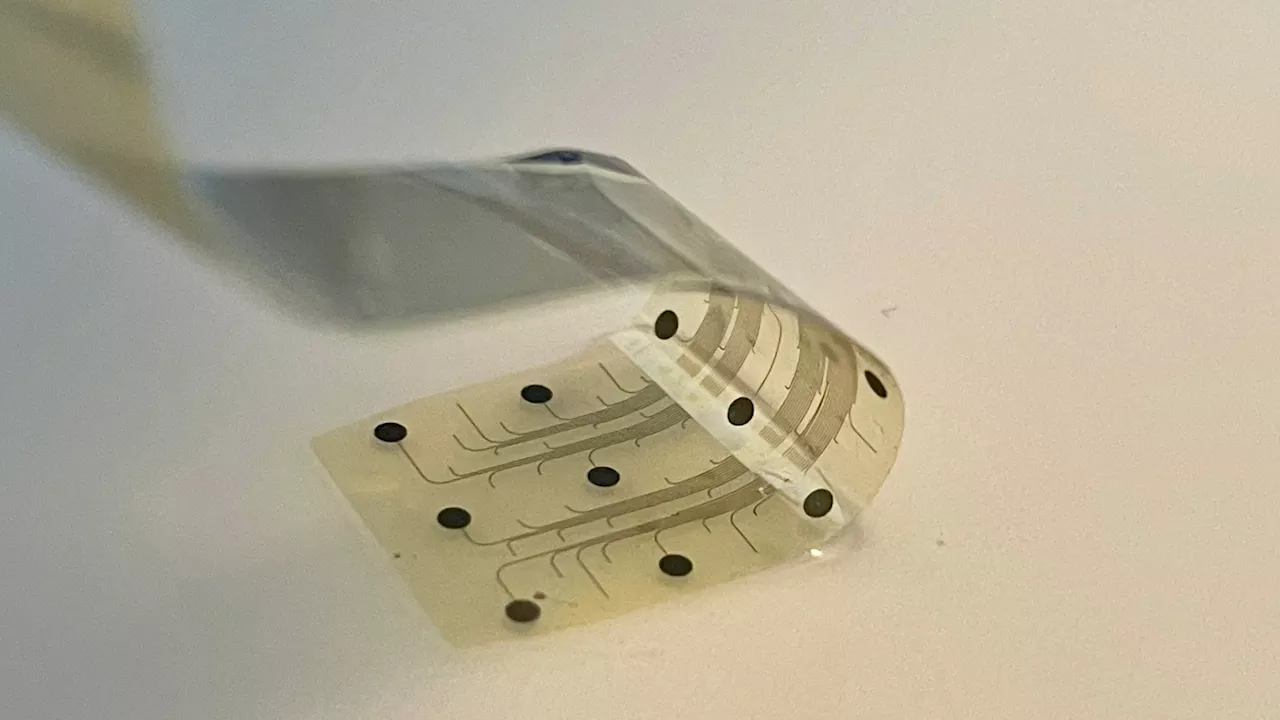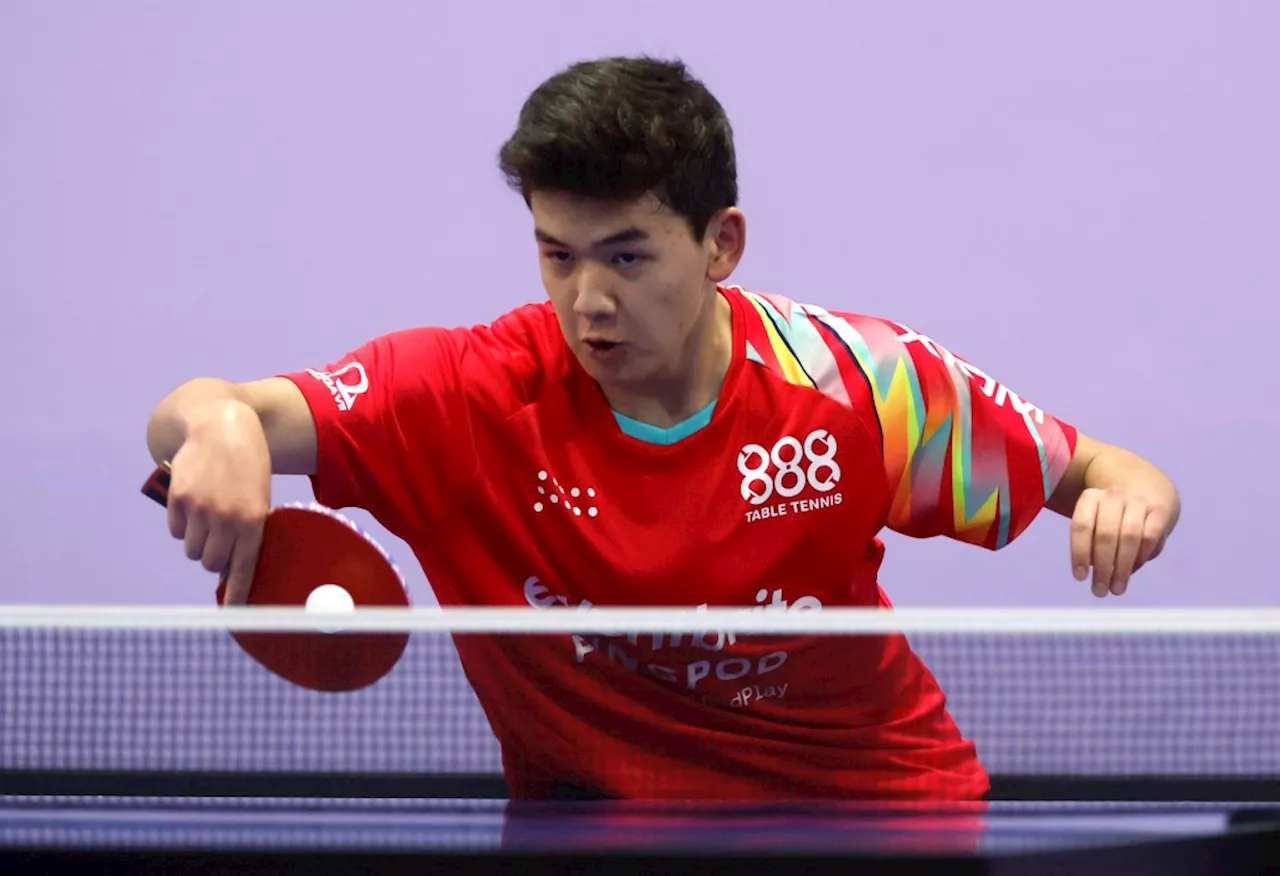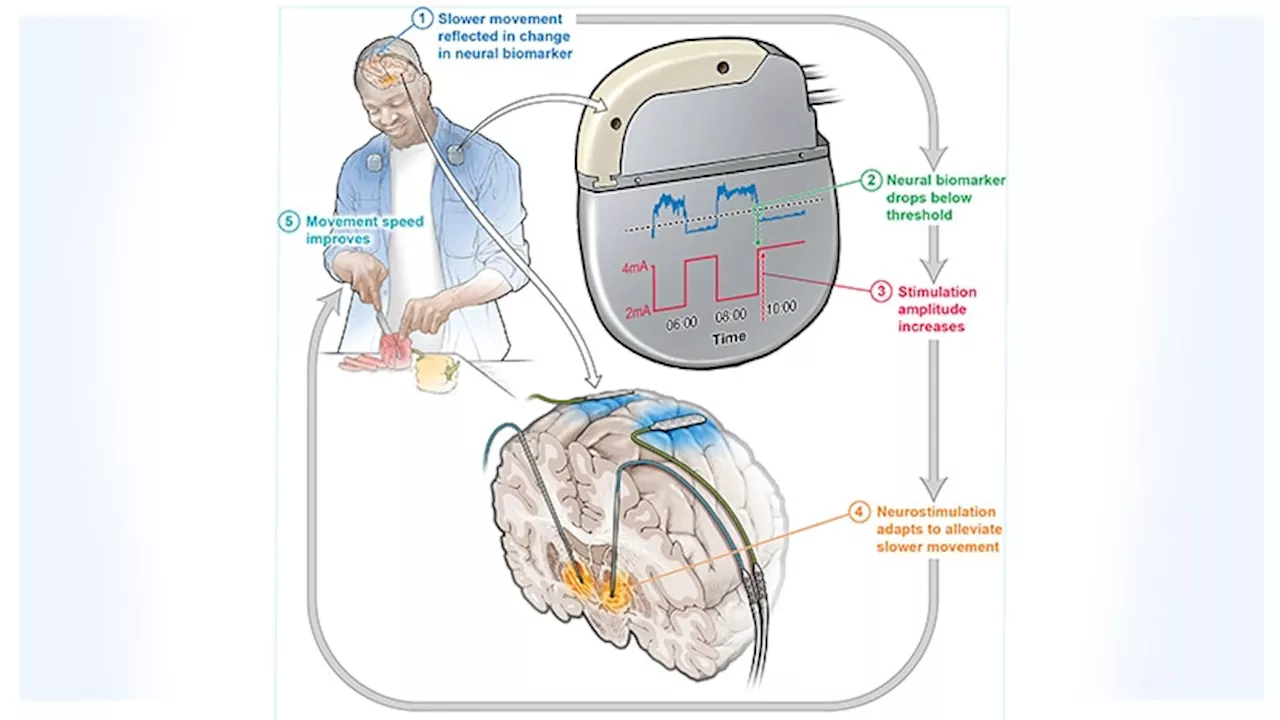Personalized, adaptive deep brain stimulation can offer better control of motor symptoms of Parkinson's disease than standard DBS, a new pilot study showed.
Personalized, adaptive deep brain stimulation can enhance the control of motor symptoms of Parkinson 's disease compared with standard DBS, new research suggests.
"Adaptive DBS represents a major breakthrough in managing the symptom fluctuations in Parkinson's disease by tailoring stimulation in real time to patients' specific needs," Carina Oehrn, MD, PhD, research fellow in the Starr Lab at UCSF, toldDBS is a standard therapy for advanced PD. Standard DBS provides continuous, fixed stimulation that is unresponsive to patient activities or variations in severity of symptoms during daily life.
Using a data-driven approach, they identified brain activity signals in the subthalamic nucleus and motor cortex that were reliable biomarkers of medication fluctuations and associated PD motor symptoms and used it to personalize the DBS parameters. "Once these challenges are addressed, adaptive DBS could become a very promising alternative to standard DBS for PD patients with motor fluctuations," Oehrn said.
Parkinson Disease Parkinsons Parkinson Parkinson Disease (PD) Deep Brain Stimulation DBS - Deep Brain Stimulation Brain Stimulation Brain Adverse Effects Side Effects Fellowship Fellows Grant Quality Of Life QOL Health Related Quality Of Life Health-Related Quality Of Life HRQOL Patient Safety Stroke Cerebrovascular Accident CVA - Cerebrovascular Accident
United States Latest News, United States Headlines
Similar News:You can also read news stories similar to this one that we have collected from other news sources.
 Graphene-based brain chip offers 200x more power for Parkinson’s patientsA novel implant has been designed that can read signals and stimulate brain impulses by creating a high-resolution interface with the brain.
Graphene-based brain chip offers 200x more power for Parkinson’s patientsA novel implant has been designed that can read signals and stimulate brain impulses by creating a high-resolution interface with the brain.
Read more »
 Advanced 'Parkinson's in a dish' model accelerates brain disease researchResearchers have developed a model that rapidly converts stem cells to brain cells with protein structures characteristic of Parkinson's disease (PD), enabling the study of the condition's unique and highly variable disease pathology in a petri dish.
Advanced 'Parkinson's in a dish' model accelerates brain disease researchResearchers have developed a model that rapidly converts stem cells to brain cells with protein structures characteristic of Parkinson's disease (PD), enabling the study of the condition's unique and highly variable disease pathology in a petri dish.
Read more »
 How table tennis is helping Parkinson’s, brain tumor patients take back controlThe U.S. national team trains at 888 Table Tennis in Burlingame, but top-tier training wasn’t the only purpose of the facility, which opened in 2020. The owner’s son is one of many peop…
How table tennis is helping Parkinson’s, brain tumor patients take back controlThe U.S. national team trains at 888 Table Tennis in Burlingame, but top-tier training wasn’t the only purpose of the facility, which opened in 2020. The owner’s son is one of many peop…
Read more »
 Taming Parkinson's disease with intelligent brain pacemakersTwo new studies are pointing the way toward round-the-clock personalized care for people with Parkinson's disease through an implanted device that can treat movement problems during the day and insomnia at night.
Taming Parkinson's disease with intelligent brain pacemakersTwo new studies are pointing the way toward round-the-clock personalized care for people with Parkinson's disease through an implanted device that can treat movement problems during the day and insomnia at night.
Read more »
 Self-adjusting brain pacemaker may help reduce Parkinson's disease symptomsA small feasibility study found that an implanted device regulated by the body's brain activity could provide continual and improved treatment for the symptoms of Parkinson's disease (PD) in certain people with the disorder.
Self-adjusting brain pacemaker may help reduce Parkinson's disease symptomsA small feasibility study found that an implanted device regulated by the body's brain activity could provide continual and improved treatment for the symptoms of Parkinson's disease (PD) in certain people with the disorder.
Read more »
 A brain fingerprint: Study uncovers unique brain plasticity in people born blindNeuroscientists reveal that the part of the brain that receives and processes visual information in sighted people develops a unique connectivity pattern in people born blind. They say this pattern in the primary visual cortex is unique to each person -- akin to a fingerprint.
A brain fingerprint: Study uncovers unique brain plasticity in people born blindNeuroscientists reveal that the part of the brain that receives and processes visual information in sighted people develops a unique connectivity pattern in people born blind. They say this pattern in the primary visual cortex is unique to each person -- akin to a fingerprint.
Read more »
